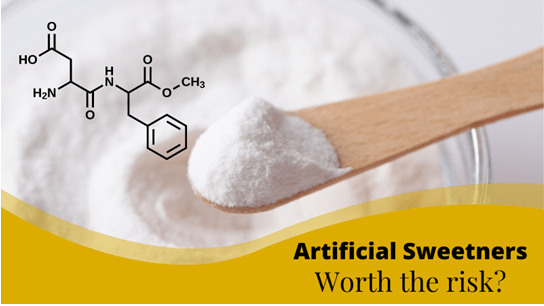
Over the years, we have tested several, if not most, of the diet approaches available, especially the most popular ones, and hence, we have significant personal experience. Going zero sugar appears to have made us feel healthier and lose weight simultaneously (our next Blog post deals with sugar). However, going zero sugar is not as easy as it sounds because it goes way beyond just not adding sugar to foods and drinks. The only way to achieve this is by ensuring you cook everything from raw, as sugar is added to processed foods, beverages, and other unexpected sources. In our research, we were surprised at how much sugar is in some popular products. Regretfully, when sugar is taken out, it is replaced with artificial sweeteners and flavourants, which can harm your health; this applies even to some products labeled as being healthy, so be aware and exercise caution, do your research, and be prepared to be shocked. An excellent example for people on a diet is using diet products and drinks, which are full of chemicals and artificial sweeteners that your body has difficulties dealing with—namely sugar-free foods like low-sugar juices, flavored water, low-fat yogurt, low-fat flavored milk, nutrition bars, etc.
For example, Aspartame, a widely used artificial sweetener in low-calorie and sugar-free products, has sparked heated debate over its safety and potential health risks. Regulatory bodies like the U.S. Food and Drug Administration (FDA) and the European Food Safety Authority (EFSA) have set daily consumption limits for Aspartame. These limits are 50 milligrams per kilogram (mg/kg) of body weight per day and 40 mg/kg, respectively. These bodies found no significant safety concerns for aspartame consumption at these levels and that most people will not reach these amounts. Regardless, a growing body of research suggests that these limits may not be sufficient to prevent health issues. Would this be a case where there is smoke, there is fire?
Prof Helen Hazuda from the University of Texas Health Science Center in San Antonio conducted a groundbreaking study over a decade involving 500 participants—this was observational rather than experimental research, so other factors cannot be ruled out. The findings led her to coin, “Now we have aspartame spread to go on our muffin top.” In terms of weight loss, there is evidence suggesting that Aspartame might have metabolic effects that could contribute to obesity and metabolic syndrome, as Aspartame can disrupt the body’s ability to regulate calorie intake and metabolism, particularly in people who may already be overweight. This paradoxical effect may ultimately result in the long-term counteracting of its intended benefits as a sugar substitute for weight management. For example, the study found that when people who don’t use diet sodas are compared to those who use them occasionally and those who use them daily, there is a dose-response relationship over time. “Whereby the people who don’t use it gain about eight-tenths of an inch in their waist, but the occasional users gain 1.8 inches, and the regular, daily users gain over 3 inches.”
Other research underscores the importance of avoiding harmful chemicals in food and beverages and considering healthier alternatives. The body of researched evidence points to the concern that Aspartame is a potential carcinogen. Neurological effects represent another significant area of concern. Other studies point to a disruption in glucose tolerance potentially leading to type 2 diabetes.
The Slender Solutions Team
Medical Suites, Cambridge Crossing Shopping Centre
1 Stone Haven Street.
Paulshof
Sandton
South Africa
2191